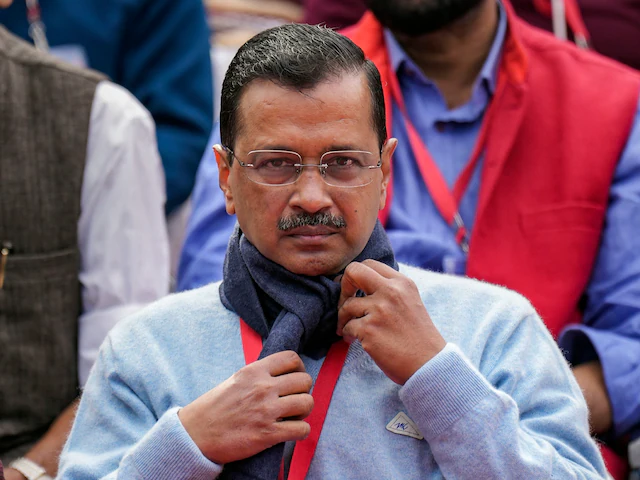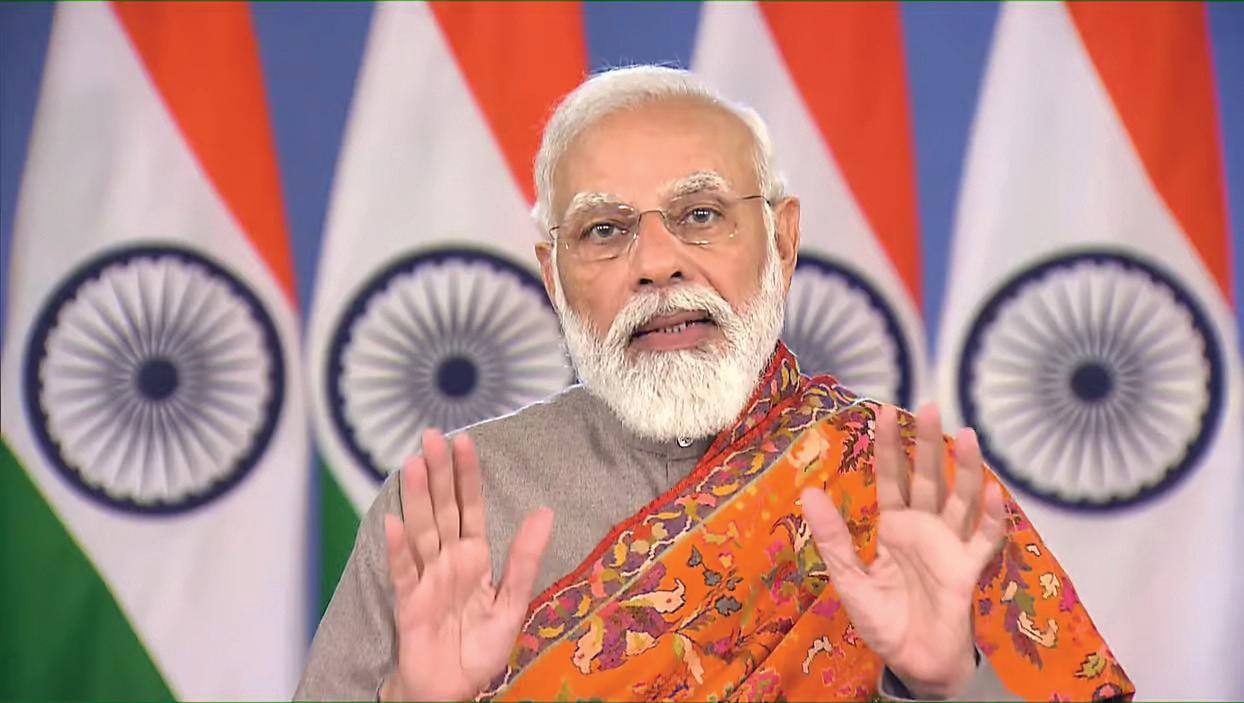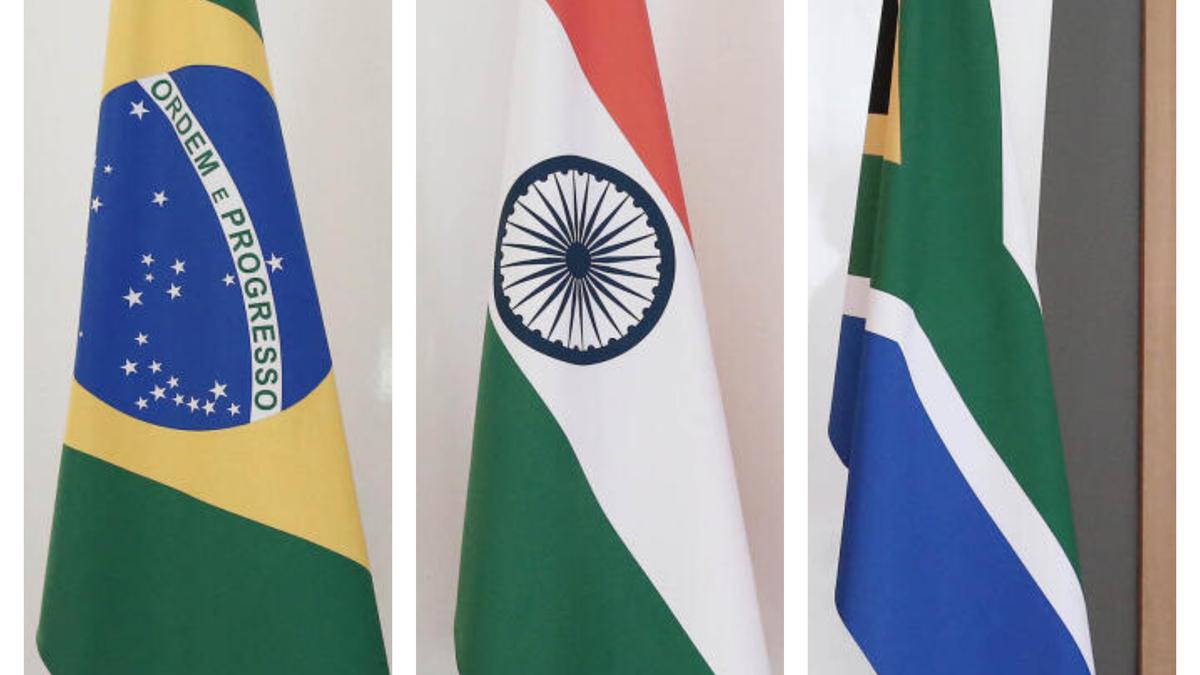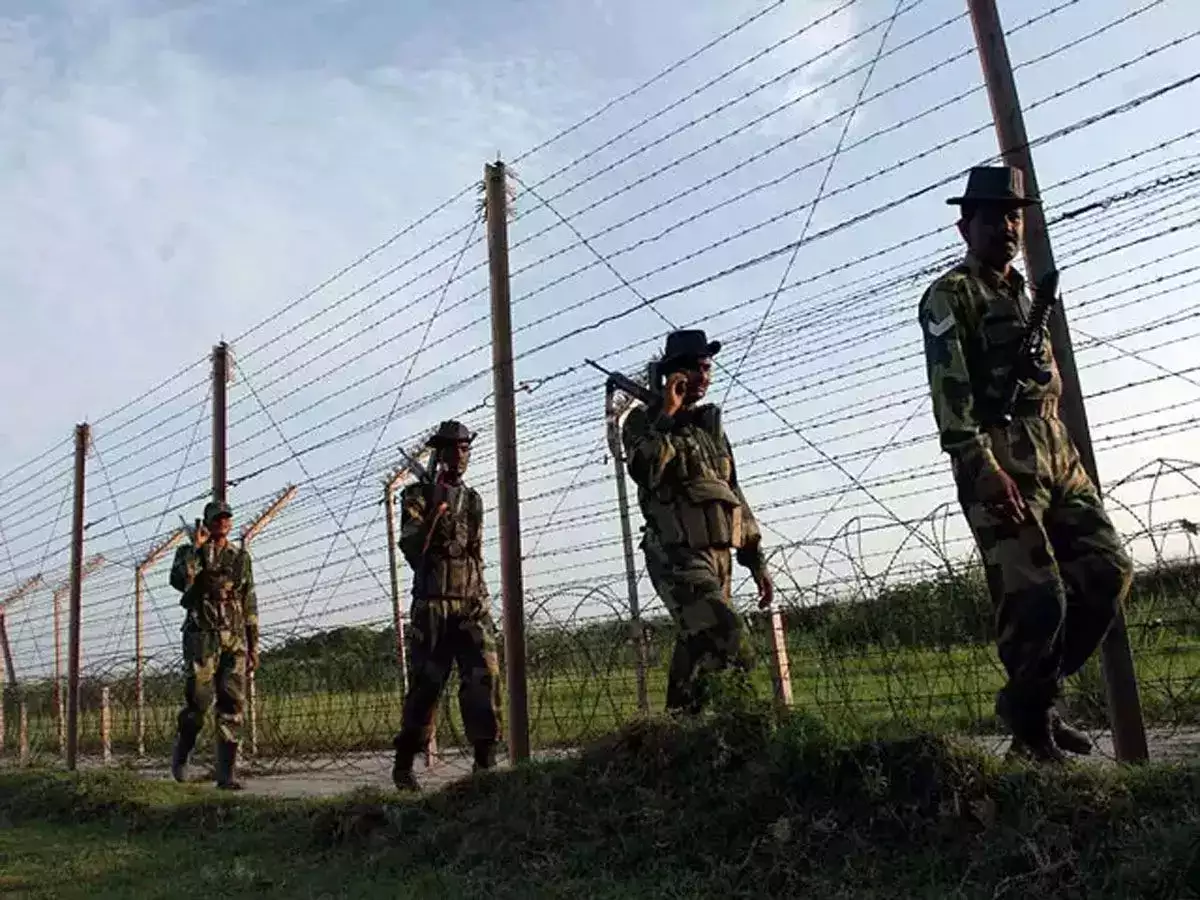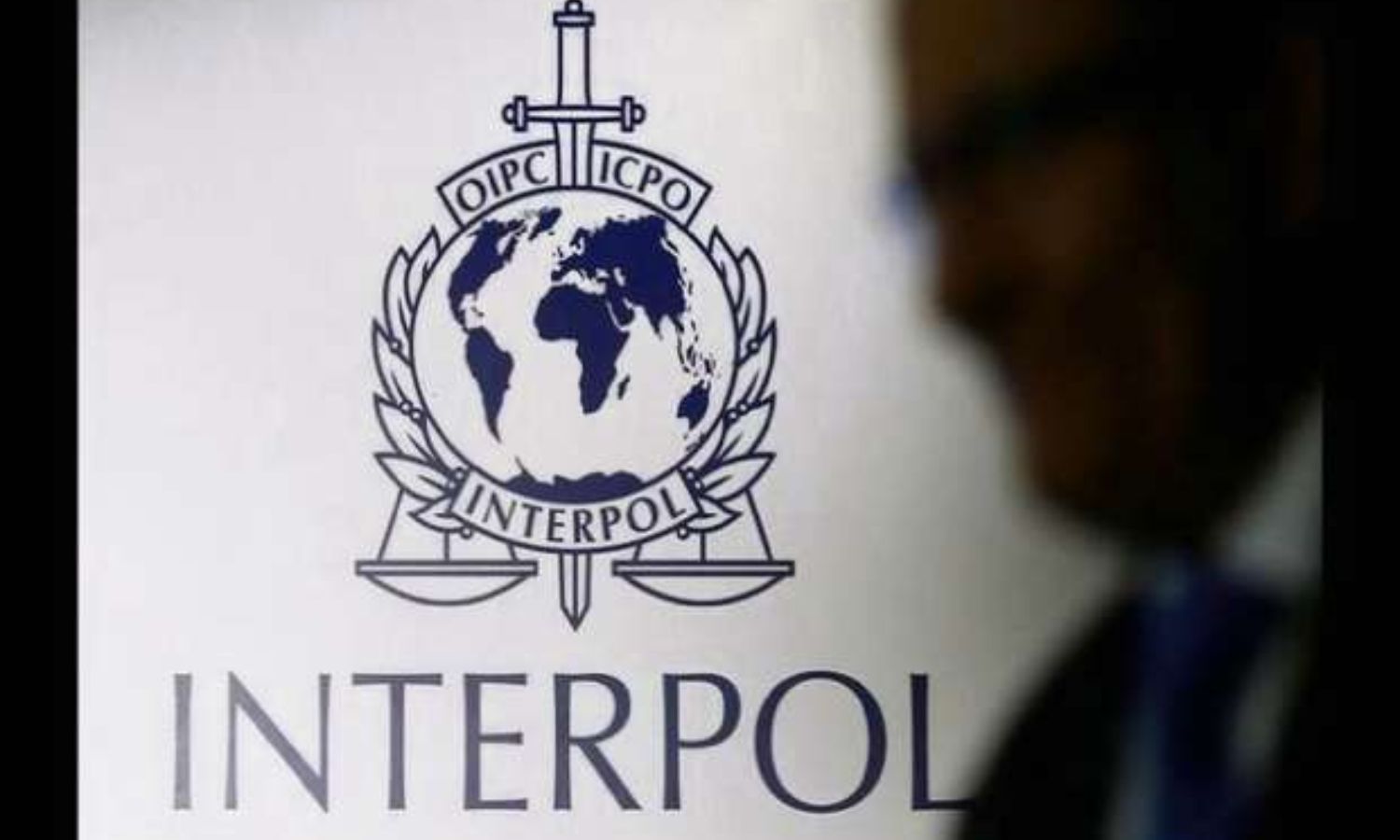On May 19 this year, the Apex Court issued directions to the State Governments and Union Territories and made headlines by acknowledging prostitution as a profession and highlighting that fundamental safeguarding of human decency and dignity extends to prostitutes as well, like any other professionals. Thus, the police officials have been instructed inter alia to treat the sex workers with respect and not abuse them, either physically or orally.
Intriguingly, in India, prostitution is not illegal per se. Nonetheless, several acts under prostitution are punishable under the Indian Penal Code, 1860 and the Immoral Traffic (Prevention) Act, 1956. Therefore, this profession is carried out in isolation, away from the gaze of the rest of society, casting doubt on its legitimacy.
These directions were issued in compliance with the recommendations made by the Apex Court’s appointed panel on the reformation measures for sex workers. The conditions favorable to sex workers for living with dignity and decency were recognized by this panel in harmony with the provisions of Article 21 of the Indian Constitution. These recommendations were submitted by the panel in 2016. However, no law on the lines of these recommendations has been enacted by the Central Government as promised. Consequently, the need to invoke its intrinsic powers was felt by the Apex Court.
APEX COURT’S DIRECTIONS AND THEIR SIGNIFICANCE
The Right to Life and Personal Liberty under Article 21 of the Constitution of India also includes the right to live with dignity and human decency under its ambit. Thus, this right must also be extended to sex workers. According to the Apex Court, because of the societal stigma connected with their profession, sex workers are pushed to the periphery of society. As a result, they are not able to live in decency, nor are able to offer the same for their children.
“Sex workers are entitled to equal protection of the law” as expressed by the Apex Court. By reason of ‘age’ and ‘consent’, criminal law needs to be applied in all circumstances in an equal manner. The police authorities should abstain from intervening or taking any criminal action where it is evident that the sex worker is an adult, whose participation is consensual. The complaint made by a sex worker has to be taken seriously by the police authorities, irrespective of the offence it is made for, and suitable action in accordance with the law has to be taken by them.
Furthermore, as discretionary sex work is not unlawful in India and only running a brothel is illegal, sex workers must not be abused, hounded, jailed, or fined in the event of a raid.
The frequently cruel and aggressive treatment of sex workers by the police was also taken into notice by the Court. Sex workers should not be abused or coerced into any sexual activity by the police. The Court further stated that the police officials and other law enforcement organizations must be made more aware of the basic human and constitutional rights that sex workers, like all other citizens are entitled to.
The Press Council of India was urged by the Apex Court to issue guidelines for the media to take uttermost care in keeping the identities of sex workers concealed, whether as victims or accused, during rescue operations, arrests, or raids, and not publicize or telecast any pictures that may result in such exposure.
The Court further added that Section 354C of the Indian Penal Code, 1860, which illegalizes voyeurism, must be strictly enforced against electronic media with the aim of forbidding the publication of pictures of sex workers and their customers under the guise of reporting a rescue operation or raid.
According to the Court’s directions, any precautionary measure used by the sex workers, such as the use of condoms, to safeguard their health and safety shall not be regarded as the committal of an offence or as a proof of an offence.
Another guideline of the Court directed the Central Government and the State Governments to conduct workshops for enlightening the sex workers about their rightsin relation to the lawfulness of sex work, police’s obligations and rights, and what is forbidden and allowed under the law with the help of the National Legal Services Authority, State Legal Services Authorities, and District Legal Services Authorities. Sex workers should also be informed about the legal system’s approachability to assert their rights in necessary circumstances and to avoid being harassed by traffickers and police.
The representatives of the sex workers presented certain proposals to the Unique Identification Authority of India (UIDAI) for issuing Aadhar Cards to sex workers. According to an affidavit filed by UIDAI, sex workers who are unable to present the proof of residence but are on the list of National AIDS Control Organization (NACO) can be provided with Aadhar Cards if a Gazetted Officer of NACO Health Department of State submits a proforma certificate citing the particulars of the applicant.
According to the Apex Court, UIDAI must give Aadhaar cards to sex workers based on a proforma certificate presented by the above-mentioned body, together with an Aadhaar application or enrollment form. Furthermore, anonymity regarding the cardholder’s identity as a sex worker must be preserved.
A sex worker who has been sexually assaulted must be given instant medical attention. Other aid in consonance with Section 357C of the Code of Criminal Procedure, 1973, read with the Guidelines and Protocols: Medico-legal Care for Survivor/Victims of Sexual Violence must also be given.
A mother must not be parted away from her child for the reason of her being a sex worker. It is not enough to assume that a child has been trafficked just because they are found living in a brothel or with sex workers. The Apex Court elucidated that medical testing can establish the truth, when a sex worker asserts a child as her own.
As a result of the Apex Court’s interference, sex workers must now be included in all decision-making affairs affecting them by the Central and State Governments. When a policy is being developed or planned for sex workers, they must be actively consulted for the same. Also, in the cases of framing or amendment of any law governing sex work, their participation should be encouraged. Sex workers can be assigned to panelsor made members of committees or authorities that make decisions on them.
CENTRAL GOVERNMENT’S RESERVATIONS
Some of the recommendations of the Panel were met with skepticism by the Central Government. These comprise of criminal action not being taken by police against consenting and adult sex workers, including and representing sex workers in matters concerning them, not separating a mother from her child for the reason of her being a sex worker, and sex workers not to be abused, hounded, jailed or fined in the event of a raid.
Sex workers are housed in shelter homes after being released from brothels for their safety, as stated by Mr. Jayant Sud, Additional Solicitor General, in his submissions. He also noted that determining whether a sex worker was working willingly or not might be difficult because they didn’t know anybody in the city and were, thus, at risk of coercion. He proposed that an investigation to ascertain the sex worker’s consent is important, therefore, an absolute bar on police interference with willing sex workers is not practicable.
For the time being, the Apex Court has not given any directions in connection with these four recommendations. However, it has instructed the Central Government to submit its response to these recommendations on July 27 this year, which is the next date of hearing of the Court after its summer vacation. The Apex Court has asked the States and Union Territories to stringently follow the other directions.
A WAY FORWARD
The apex court’s directives are merely some of the long-standing barriers that sex workers have encountered. Survival is the first concern in a nation like India, which is badly afflicted by poverty, misery, starvation, and inequities. The integrity or dishonesty of a job’s character cannot and must not play a role in establishing vocation hierarchies. As a democratic country, India’s Constitution guarantees justice, equality, and liberty to all its citizens. Sadly, sex workers have been systemically excluded from getting “equal opportunities”. It’s about time to put a stop at such flagrant disdain for human rights and dignity.
The representatives of the sex workers presented certain proposals to the Unique Identification Authority of India (UIDAI) for issuing Aadhaar cards to sex workers. According to an affidavit filed by UIDAI, sex workers who are unable to present the proof of residence but are on the list of National AIDS Control Organization (NACO) can be provided with Aadhaar cards if a Gazetted Officer of NACO Health Department of State submits a proforma certificate citing the particulars of the applicant.


 Opinion3 years ago
Opinion3 years ago
 Entertainment8 years ago
Entertainment8 years ago
 Entertainment8 years ago
Entertainment8 years ago
 Fashion8 years ago
Fashion8 years ago
 Opinion4 years ago
Opinion4 years ago
 Entertainment8 years ago
Entertainment8 years ago
 Politics8 years ago
Politics8 years ago
 Entertainment8 years ago
Entertainment8 years ago
